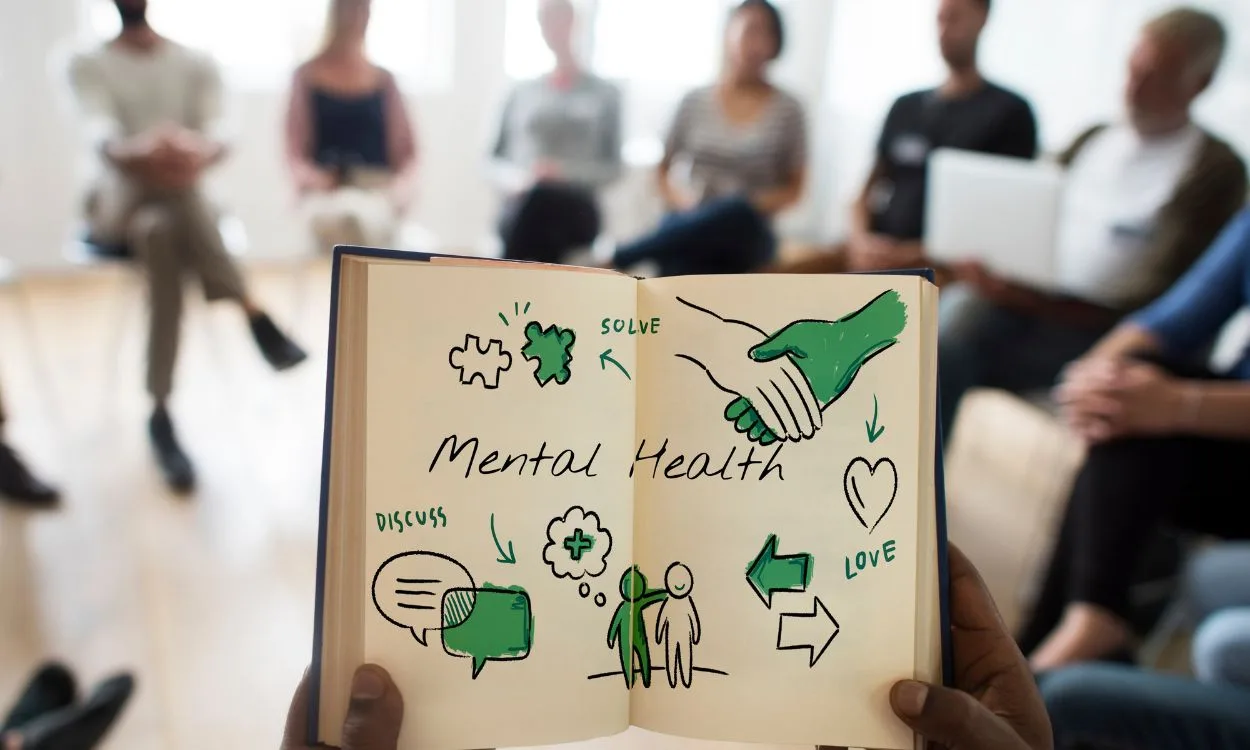What is Mental Health?
Mental health is a crucial aspect of our overall well-being. It refers to our emotional, psychological, and social well-being, and it affects how we think, feel, and act. Mental health is just as important as physical health, and it plays a significant role in our ability to cope with stress, relate to others, and make decisions.
Mental health encompasses a wide range of conditions, from common mental illnesses like anxiety and depression to more severe disorders such as schizophrenia and bipolar disorder. It is important to note that mental health is not simply the absence of mental illness but also the presence of positive mental well-being.
The Importance of Mental Health
Mental health is essential for several reasons:
- Personal Well-being: Good mental health is vital for leading a fulfilling and meaningful life. It allows us to experience positive emotions, maintain healthy relationships, and navigate the challenges that come our way.
- Physical Health: Mental health and physical health are interconnected. Poor mental health can lead to an increased risk of developing physical health problems like cardiovascular disease, obesity, and chronic pain.
- Productivity and Success: When we have good mental health, we are more likely to perform well in our work, studies, and other areas of life. It enhances our ability to concentrate, make decisions, and solve problems effectively.
- Relationships: Mental health influences our ability to form and maintain healthy relationships. It affects our communication skills, empathy, and overall emotional well-being, allowing us to develop meaningful connections with others.
- Resilience: Good mental health equips us with the resilience to cope with life’s challenges, setbacks, and stressors. It enables us to bounce back from difficult situations and maintain a positive outlook.
Factors Affecting Mental Health
Several factors can impact our mental health:
- Biological Factors: Our genes and brain chemistry can predispose us to certain mental health conditions. Additionally, imbalances in neurotransmitters can affect our mood, emotions, and behavior.
- Life Experiences: Traumatic events, abuse, neglect, or a history of mental illness in the family can increase the risk of developing mental health disorders. Adverse childhood experiences, such as poverty or loss of a loved one, can also have long-term effects on mental well-being.
- Family History: A family history of mental health problems can increase the likelihood of developing similar conditions. Genetic factors and environmental influences within the family can contribute to this.
- Social Support: A strong support system of family, friends, and communities plays a vital role in maintaining good mental health. Positive social connections provide a sense of belonging, emotional support, and help in coping with stress.
- Lifestyle Factors: Certain lifestyle choices, such as substance abuse, poor nutrition, lack of physical activity, and inadequate sleep, can have a negative impact on mental health.
Promoting Mental Health
Taking care of our mental health is crucial for leading a fulfilling life. Here are some strategies to promote positive mental well-being:
- Seek Help: Reach out to mental health professionals if you’re experiencing persistent feelings of sadness, anxiety, or other mental health symptoms. They can provide guidance, support, and appropriate treatment.
- Build Resilience: Develop coping mechanisms to deal with stress and adversity. This can include practicing mindfulness, engaging in hobbies, maintaining a healthy lifestyle, and seeking social support.
- Connect with Others: Cultivate and nurture positive relationships. Spend time with loved ones, join community groups, or volunteer to foster a sense of belonging and connection.
- Practice Self-Care: Take time for activities that bring you joy and relaxation. Engage in regular exercise, eat a balanced diet, get enough sleep, and prioritize self-care activities like meditation or hobbies.
- Break the Stigma: Promote open conversations about mental health to reduce the stigma surrounding it. Encourage empathy, understanding, and support for individuals struggling with mental health issues.
Fitpaa: Your Partner in Mental Health and Well-being
At Fitpaa, we understand the importance of mental health in achieving overall well-being. Our Fitpaa app is designed to support you in your journey towards mental and physical wellness. With our holistic approach and state-of-the-art technology, we provide personalized fitness plans, nutrition guidance, and real-time support to help you achieve your health and fitness goals.
Through a combination of medical therapy, exercise therapy, nutrition therapy, and cognitive behavioral therapy, Fitpaa Capsule optimizes your metabolism, enhances your physical fitness, and supports your mental well-being. Our expert team of fitness coaches, nutritionists, and doctors are dedicated to working with you every step of the way, providing unlimited consultations, daily follow-up, and weekly reviews.
With the Fitpaa app, you can track your progress, access virtual workout sessions, and receive real-time guidance to stay motivated and on track. Our goal-oriented services come with a lifetime validity, ensuring your success in achieving your health and fitness goals.
If you’re ready to experience the joy of a fit and healthy life, download the Fitpaa app now and embark on a transformative journey towards optimal physical and mental well-being.
Remember, your mental health matters, and with Fitpaa, you have a partner committed to helping you achieve your goals and live your best life.
Note: Fitpaa is ranked as the no.1 mHealth app by research listed in the National Library of Medicine, the Official US Government website. We have transformed over a lakh lives, and we are passionate about transforming yours as well.









